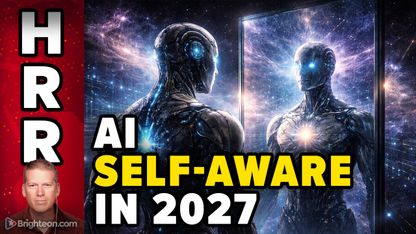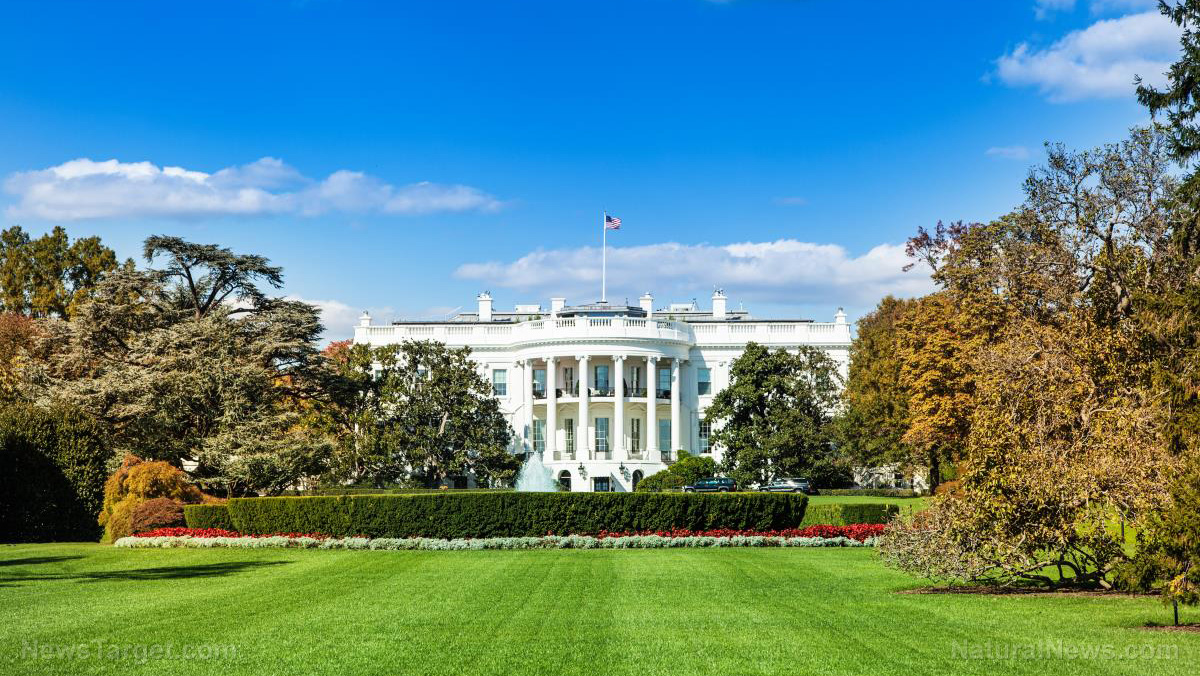
The virtual dragnet would allow law enforcement to tap into Google's location data, which is collected from users' GPS, Bluetooth, Wi-Fi and cellular connections. Anyone in close proximity to where a crime occurs would potentially have their privacy breached in violation of the Fourth Amendment to the United States Constitution.
This blanket model of data collection, which is unconstitutional, would allow law enforcement to probe innocent people as they search for suspects. Instead of actually doing their job by investigating a crime, police would simply be able to pore through Google's surveillance data to determine the alleged guilty party or parties.
"Investigating" crimes using this "guilt by proximity" model is already being piloted in some areas of the country where cops have been caught falsely accusing innocent bystanders of complicity just because they happened to be in the area of where a crime was committed.
"In one instance earlier this year, a Gainesville, Florida, man was caught up in a legal nightmare because he merely rode his bicycle unbeknownst near a home burglary at around the same time it happened," writes StevieRay Hansen for HNewswire.
"And it was in 2018 that for the first time a man had been falsely accused and arrested based on a controversial geofence warrant for the crime of murder."
Geofence warrants are unconstitutional because they violate the Fourth Amendment
Similar to what was depicted in the dystopian 2002 film Minority Report, Google's Geofence technology also serves as a template for prosecuting "pre-crimes," meaning a crime that has not actually happened but that supposedly is on the verge of happening.
In one instance, a 23-year-old Arizona man, Jorge Molina, was arrested and jailed for six days on suspicion of killing someone. Police determined that because his phone was at the scene of the crime, he was "one hundred percent, without a doubt" guilty of the crime.
In reality, though, Molina was not the killer. He was not even at the scene of the crime, and had merely lent his old phone to the man whom police later arrested. Because the phone was still logged into Molina's Google account, Molina was pegged as "guilty" by lazy police officers who, rather than properly investigate the crime, simply relied on Google's Geofence data as "evidence."
As for Molina, he ended up losing his job, his car and his reputation because the corrupt and lazy cops who pegged him as "guilty" failed to do the job that taxpayers pay them to do. In the wake of this breach of justice was another innocent life ruined.
The good news is that Molina filed a lawsuit against the local police department in early 2020, specifically targeting the officers that arrested him along with the chief of police. He is also now suing Google for $1.5 million.
"So much for that supposed 100% police certainty," Hansen joked. "It's but one example illustrating the likely hundreds of ways geofence warrants could be abused or flat out link completely innocent individuals to a crime."
"It also strongly suggests old fashioned detective work is increasingly being replaced by dubious technological means."
The other good news is that two judges so far have denied requests for geofence warrants citing the Fourth Amendment, which prohibits unreasonable searches and seizures without probable cause or a real warrant.
Be sure to check out the rest of Hansen's reporting for more details about how all of this was biblically foretold to occur in the Last Days.
To learn more about how Big Tech and Big Police State are colluding together to expand tyranny in America, visit Tyranny.news.
Sources for this article include:
Please contact us for more information.























